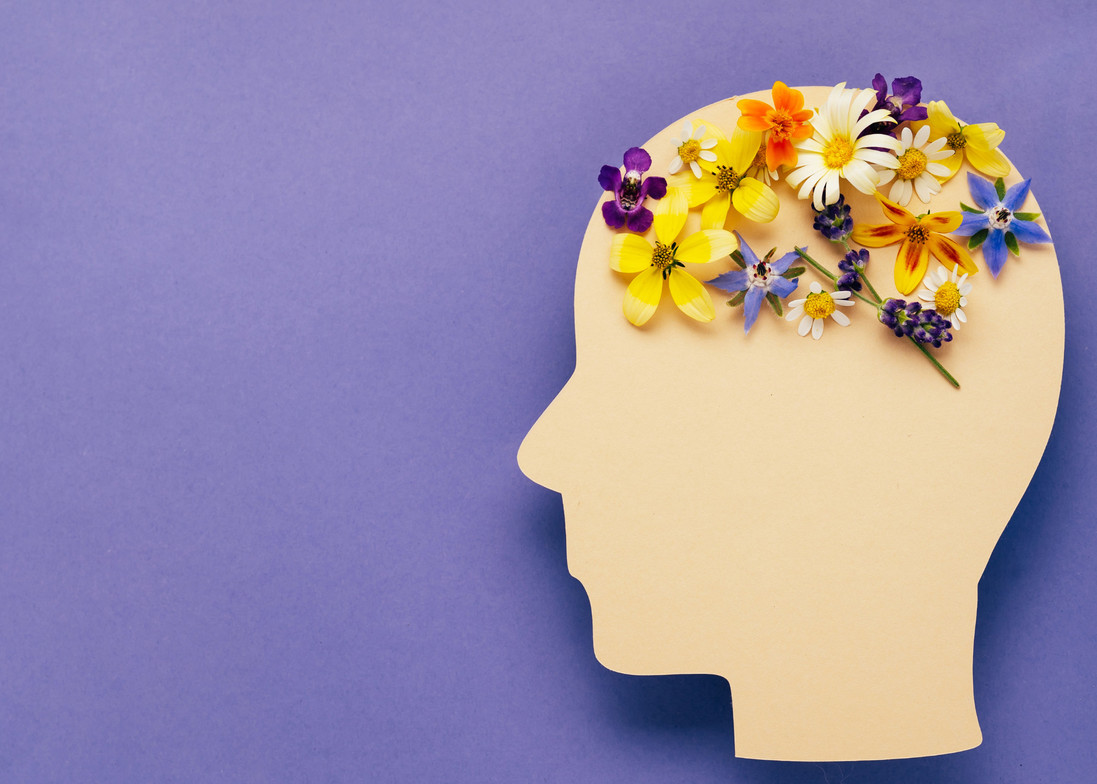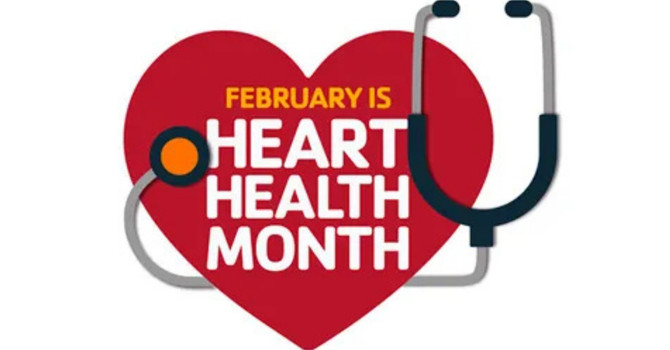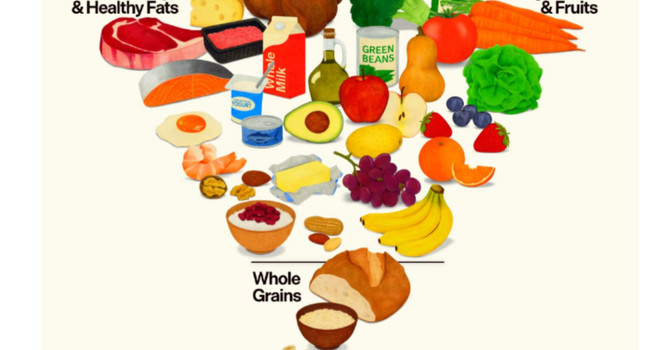
July marks World Brain Day, a time to celebrate the power of the mind and to raise awareness about brain health. At our integrative medicine clinic, we believe that cognitive wellness is not only vital for preventing neurodegenerative conditions but also essential for living a vibrant, engaged life—at any age.
Whether you’re in your 30s and thinking ahead, or in your 60s+ and aiming to stay sharp, it’s never too early (or too late) to nourish your brain. Here's how we recommend supporting your cognitive vitality from an integrative, whole-body perspective:
1. Feed Your Brain: Diet for Cognitive Longevity
What we eat directly impacts brain structure and function. A brain-healthy diet emphasizes:
-
Omega-3 fatty acids: Found in wild-caught salmon, sardines, walnuts, and flaxseeds—these support memory, reduce inflammation, and help with neurotransmitter balance.
-
Antioxidant-rich foods: Blueberries, leafy greens, turmeric, and dark chocolate protect against oxidative stress, a key player in cognitive decline.
-
Low-glycemic carbs: Foods like quinoa, lentils, and vegetables help maintain stable blood sugar—important for mental clarity and focus.
Two evidence-based diets especially supportive of brain health:
-
The MIND Diet (Mediterranean-DASH Intervention for Neurodegenerative Delay)
-
The Mediterranean Diet—rich in healthy fats, fresh produce, legumes, and minimal processed food.
2. Keep Learning: Challenge Your Mind Daily
Neuroplasticity—your brain’s ability to form new connections—thrives on novelty.
Try:
-
Learning a new language or musical instrument
-
Reading diverse genres
-
Daily brain games (apps like Lumosity or even crossword puzzles)
-
Attending a local lecture or class
Make lifelong learning a habit—it’s mental exercise that keeps neurons firing.
3. Move to Remember: Exercise and Brain Health
Physical activity is one of the most potent tools for brain preservation. Regular exercise boosts:
-
Blood flow to the brain
-
Neurogenesis (the creation of new brain cells)
-
Mood and focus via endorphins and serotonin
Aim for:
-
150 minutes/week of moderate cardio (like brisk walking or cycling)
-
Resistance training AT LEAST 2x/week
-
Yoga or tai chi for mind-body synergy and stress resilience
4. Stress Less to Think Better
Chronic stress releases cortisol, which in high levels damages the hippocampus (your brain’s memory center). Goal for most people should be between 7-9 hours daily.
Try integrative tools like:
-
Meditation or breathwork
-
Adaptogenic herbs (ashwagandha, rhodiola)
-
Acupuncture
-
Journaling or time in nature
Even 10 minutes a day of intentional relaxation can make a big difference in mental clarity and emotional balance.
-
5. Sleep is Non-Negotiable
Brain detox happens during deep sleep. Poor sleep has been linked to memory loss, anxiety, and increased dementia risk.
Tips:
-
Maintain a consistent sleep schedule
-
Avoid screens at least an hour before bed
-
Consider magnesium glycinate or herbal blends (like valerian, passionflower) if falling asleep is a struggle
6. Smart Supplementation for Brain Support
Depending on your age and needs, the following supplements may help support cognitive function:
-
Omega-3 (DHA/EPA) – Brain structural support and anti-inflammatory
-
B-complex vitamins – Especially B6, B12, and folate for neurotransmitter production
-
Vitamin D3 – Deficiency has been linked to cognitive impairment
As always, consult with your integrative provider to personalize your supplement plan.
7. Social Connection: A Brain Necessity
Loneliness is a risk factor for cognitive decline. Cultivating relationships stimulates the brain in unique ways.
-
Call an old friend
-
Join a club, book group, or volunteer
-
Spend quality time with family
Being seen, heard, and connected is not just emotionally fulfilling—it’s neurologically protective.
7. Brain Health Testing: The More you know!
-
OmegaQuant--a personalized report of ALA, EPA, DHA and its ratios. Optimal ratios are a total fatty acid percentage of at least 8%. Here is their website to check out.
-
ApoE gene status--this genotyping will give you insight if you are at risk of developing neurocognitive disease in the future. This would be important for individuals who have a strong family history of dementia, etc in their family.
Your Brain Is Worth the Investment
Integrative medicine reminds us that brain health isn't about one pill or quick fix—it’s about daily habits, intentional nourishment, and connection.
This World Brain Day, commit to one new brain-supportive habit and notice how your focus, energy, and joy shift.



